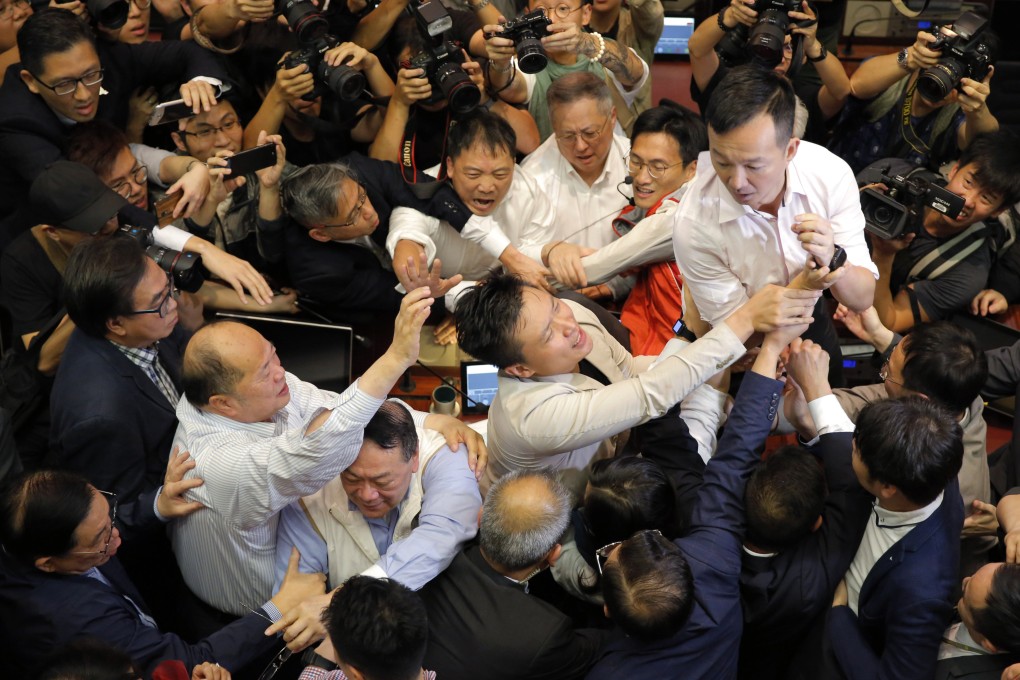Opinion | Legco’s past and future: Hong Kong must examine what both camps got wrong
- There is an effort now to blame the 2019 unrest on outsiders. How much better it might have been if the patriots had done their job and set the government right on the extradition bill
- As for the pan-democrats, their failure to condemn outright the violence revealed a lack of leadership

Enactment of the national security law, and implementation of the extensive political reform package, have raised some fundamental questions about future representation in the Legislative Council and how it will function.
Rather, it would be left to individual members to decide whether they wished to participate, then the party would meet to consider whether they could run.
In a recent discussion of the subject on RTHK’s Backchat, former legislator Christine Loh Kung-wai drew four conclusions: the party was keeping its options open; we were returning to the pre-1997 situation where individuals could do well; it was not necessary to be a political party to have influence (NGOs could, too); and, the voters’ perspective would be critical.
Whether an individual wishes to run, or a party wishes to field candidates, they will have to decide where they stand on the political spectrum and how to describe themselves. In the past we used “pro-government” and “opposition”. These will not be good enough in the new era.

